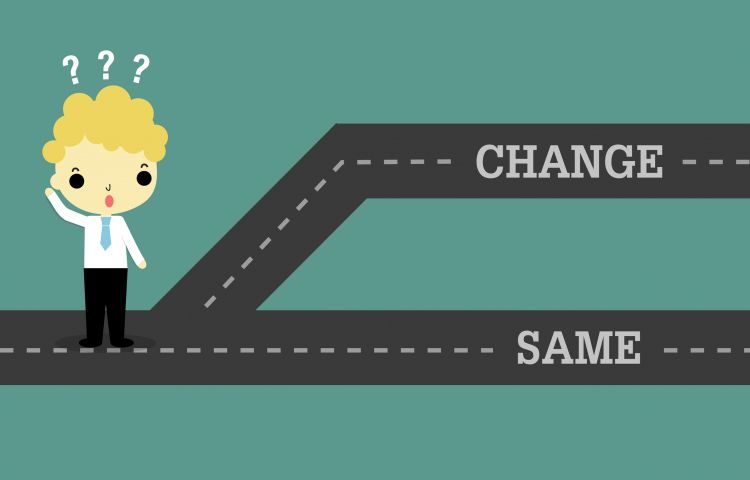Rejecting Harmful Social Norms By Changing Our Behavior
April 17, 2018
Oftentimes, we take stances regarding cultural and social norms we’d like to reject without calling our own participation and contribution to such norms into question. One issue that comes to mind in consideration of this widespread problem is victim blaming in the context of sexual assault.
I’ve been told that as humans, we have two responses to any situation. One is our first thought: a natural, uninhibited response. Our culture and the mindsets it embeds within us help to shape that response and develop its automatic nature. We do not like to think of ourselves as part of the problem of sexual assault’s presence in our culture, but our first thought in response to others’ experiences indicate the universal nature of this problem that exists in all of us no matter how much we abhor and reject its presence.
In explaining such a problem, I often consider my first mental responses when I hear of an instance of sexual assault. Unintentionally, I form a safeguarding checklist in my head, outlining why a particular incident could and would never happen to me. This mental checklist is a self-defense mechanism that many hold but fail to acknowledge for fear of appearing insensitive or hurtful. It is perfectly natural to want to protect oneself from harm. However, this mindset that is instilled in much of humanity indicates an underlying, inherently incorrect assumption that somehow, in some way, a victim’s decisions lead to another’s actions. This is the very mindset many of us are trying to reject, so it is difficult to admit when our first thoughts in response to a case of sexual assault mirror an attitude of victim-blaming.
After our first response, we have a second response that incorporates more of our fullest selves separate from our culture.
Our second response, contrary to popular belief, is more important than our first response because it deviates from what has been naturally placed upon us just by nature of being part of human society. Our second response incorporates our personal ideals, and often serves as a method of correcting our first response. This response fosters change and progress, and it is the one we should vocalize in order to affect change. For example, in the case of listening and effectively responding to sexual assault accounts, despite a silent automatic response of attempting to safeguard oneself against such an incident, we can form a more positive response that reflects our ethical codes more fully. We can remind ourselves that, unfortunately, sexual assault can happen to anyone regardless of circumstance, behavior, relationship status, gender, sexuality and everything in between. We can offer support to those who have decided to share their stories, allowing them full autonomy over any decisions they choose to make and asking them what they need from us. Thoughtfully developing our second response to victims’ accounts will help us work towards a world in which our future first responses more closely resemble our present second responses.


